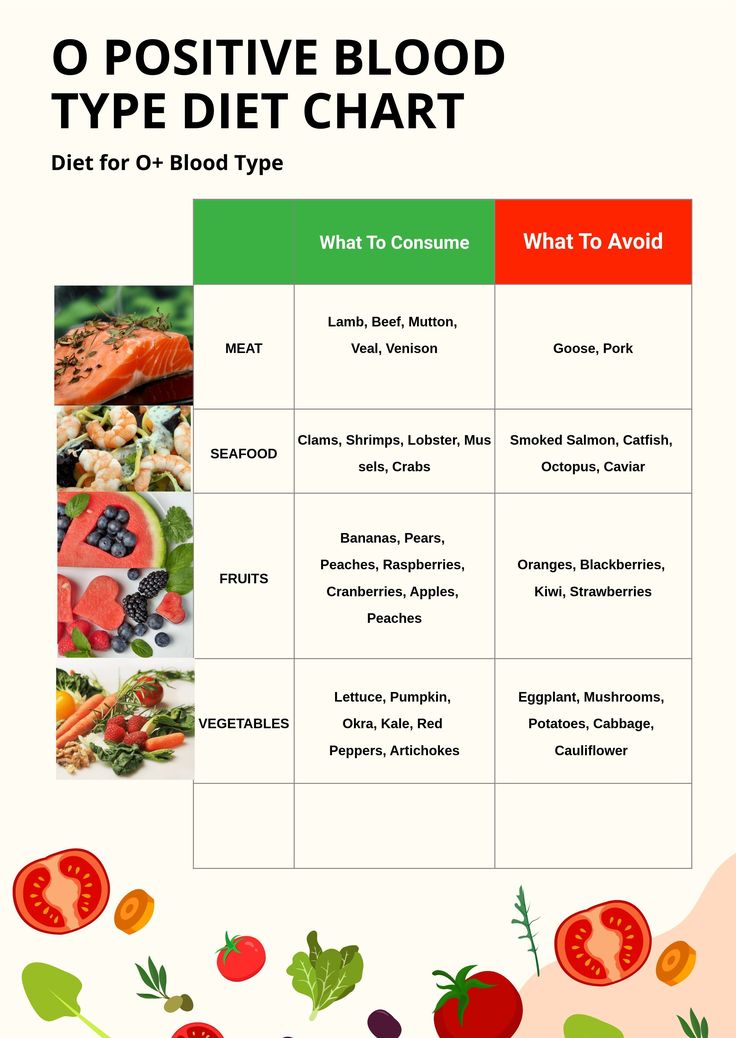Essential Guide to Toucan Diet: Discover Modern Insights 2025

Essential Guide to Toucan Diet: Discover Modern Insights
The toucan is a striking bird known for its vibrant plumage and exceptionally large beak. As pet ownership of exotic birds grows, understanding toucan diet is of paramount importance. The right diet is crucial for maintaining the health of these beautiful avian creatures. By exploring toucan feeding habits, nutrition, and food preferences, we can ensure proper care and foster a thriving environment for these birds in captivity.
In this comprehensive guide, we will cover several aspects of the toucan's diet, including their nutritional needs, preferred food sources, dietary habits, and foraging behaviors. Additionally, we will discuss how toucan dietary requirements vary depending on the species and habitat, and provide practical feeding tips for toucan owners. Through this exploration, pet owners can better manage their birds’ diets, ensuring optimal health and wellbeing.
The essential takeaways include an understanding of toucan dietary restrictions, their seasonal food preferences, and the importance of variety and nutritional balance in their diets. Dive into the modern insights of toucan nutrition and learn how to provide the best care for these magnificent birds.
Understanding Toucan Feeding Habits
Understanding toucan feeding habits is the first step in ensuring they receive a balanced diet. These birds are primarily frugivorous, meaning their diet mainly consists of fruits. However, they are not solely fruit eaters; toucans also consume insects, nuts, seeds, and occasionally small birds or eggs, highlighting their omnivorous nature.
In the wild, toucans often forage for food in the upper canopy of rainforests. Utilizing their strong beaks, they select ripe fruits from high branches, which can be both a dietary and social activity. Their foraging behavior is crucial for seed dispersal in their ecosystems, aiding in the growth of diverse plant species.
Toucans have developed dietary adaptations that allow them to maintain their nutritional needs in various habitats. By focusing on a varied diet and exploring diverse food sources, toucans can maximize their health and nutrition. This adaptability has also made them capable of thriving in captivity, where owners can emulate their natural foraging behaviors.
With an understanding of their feeding habits established, we can now explore the specific dietary needs and nutritional components essential for a healthy toucan diet.
Toucan Nutritional Needs
Toucans require a comprehensive diet to meet their nutritional requirements, which are composed of several essential vitamins and minerals. Their diet should include high-fiber foods and nutrients that support their health and longevity.
Fruits play a vital role in providing toucans with carbohydrates, which give them the energy needed for their active lifestyle. Tropical fruits, such as bananas, papayas, and mangoes, are particularly beneficial due to their high sugar content and vitamin levels. These fruits not only supply energy but also help in maintaining hydration in their bodies.
Alongside fruits, toucans benefit from protein sources, such as insects and nuts, essential for muscle growth and cell repair. Including various seeds and insects also ensures a well-rounded intake of amino acids critical for their development, especially for juvenile toucans.
To achieve dietary balance, toucan owners should consider feeding them a mix of fruit, high-quality bird pellets designed for exotic birds, seeds, and occasional protein sources. This balanced approach can help not only in managing their weight but also in preventing nutritional deficiencies.
This naturally leads us to the importance of understanding toucan food preferences, which can significantly influence their diet's success. Next, we will examine their preferred food choices and combinations.
Toucan Food Preferences and Combinations
Toucan food preferences greatly influence their dietary management in captivity. While fruits remain central to their diets, the variety within their food choices can significantly impact their overall health. Understanding these preferences can help owners provide an enticing and nutritional diet.
Among the variety of fruits, toucans show a strong preference for soft, ripe fruits. Experimentation with different types of tropical fruits quickly reveals their favorites, which can include guava, starfruit, and figs. Additionally, integrating fresh vegetables like bell peppers and leafy greens can contribute essential nutrients and diversify their diets.
Combining fruits with nuts and seeds can enhance nutritional value and help stimulate their natural foraging behavior. Nuts, such as almonds and walnuts, offer healthy fats and proteins, while carefully selected seeds provide fiber and energy. Ensuring a diverse mix can prevent boredom and encourage healthy eating habits.
Moreover, it's essential to consider toucan's dietary restrictions, such as avoiding high-sugar foods outside of natural fruit sources and certain processed foods. Implementing a varied feeding schedule can help owners gauge which combinations work best for their individual toucans and adjust accordingly.
Next, let’s explore the seasonal variations in toucan diets, which can impact their food preferences based on availability in different habitats.
Toucan Seasonal Diets and Foraging Behavior
The seasonal changes in toucan diets are closely aligned with the availability of different food sources in their habitats. In the wild, toucans adapt their feeding behavior based on which fruits and insects are ripe or plentiful during different times of the year.
During fruiting seasons, toucans may increase fruit consumption, while in other periods, they may rely more on insects and nuts. This natural behavior is a critical factor for toucan health and provides valuable insights for pet owners attempting to replicate their in-the-wild dietary habits.
Foraging behavior plays a significant role in how toucans acquire food, especially during resource-scarce seasons. They often thrive by relocating to areas with abundant resources or by altering their foraging techniques to efficiently gather available food. This adaptability helps them maintain balanced nutritional intake regardless of the available resources.
Captive toucans benefit greatly from owners recognizing these seasonal patterns. Owners can analyze local market availability to provide appropriate seasonal fruits and vegetables, thereby enhancing their birds' diets. Additionally, regular assessment of toucan diets will ensure owners can adapt feeding strategies to ensure health and happiness.
As we dive deeper into toucan bird care, we should look at practical feeding tips that can significantly influence their dietary practices.
Toucan Feeding Tips for Optimal Health
Proper feeding practices are essential for maintaining the health and well-being of toucans in captivity. To start, establishing a consistent feeding schedule will help owners monitor intake and improve the bird’s predictability when it comes to meals.
Toucans should be fed multiple times a day in small portions. This allows their digestive systems to work efficiently and allows for better nutrient absorption. Monitoring toucan feeding frequency can assist in addressing any health issues early on.
When offering fruits and vegetables, ensure that they are fresh, ripe, and free from pesticides. Washing produce thoroughly before serving must become a standard practice for every toucan owner to enhance food safety and reduce health risks.
Incorporating toucan dietary supplements can be beneficial, especially when feeding pellets, which may not provide all essential vitamins and minerals. Pet owners should consult with avian veterinarians to discuss any potential supplementation needs.
Furthermore, experimenting with different food combinations can aid in identifying their specific preferences and dietary needs. Toucans thrive when their meals resemble their natural diet, which leads to greater satisfaction and well-being.
Having explored the best feeding practices, we should now address common questions surrounding toucan diet and care.
Q&A: Common Questions About Toucan Diet
What are the most nutritious fruits for toucans?
Toucans benefit from a variety of fruits, particularly tropical fruits like papayas, bananas, and guavas. These fruits provide essential sugars, vitamins, and hydration. It's critical to ensure any fruit served is fresh and free of harmful pesticides.
How often should toucans be fed?
A standard recommendation is to feed toucans two to three times a day, offering fresh food in manageable portions to minimize waste and make the most of their foraging behavior.
Can toucans eat seeds and nuts?
Yes, toucans can eat seeds and nuts, but moderation is key. These food types can serve as great protein sources, yet they should not dominate their diet because of high-fat content; instead, they should complement a broader diet that includes fruits and vegetables.
What are toucan dietary restrictions?
Toucans should avoid high-sugar processed foods and foods such as chocolate and avocados, which can be toxic. It’s important to stick to natural, wholesome nutrition as much as possible.
How can I ensure my toucan has a well-balanced diet?
Offering a wide variety of foods, including fruits, vegetables, and protein sources, and consulting with an avian veterinarian can ensure that you address all nutritional needs and adjust based on seasonal availability.

